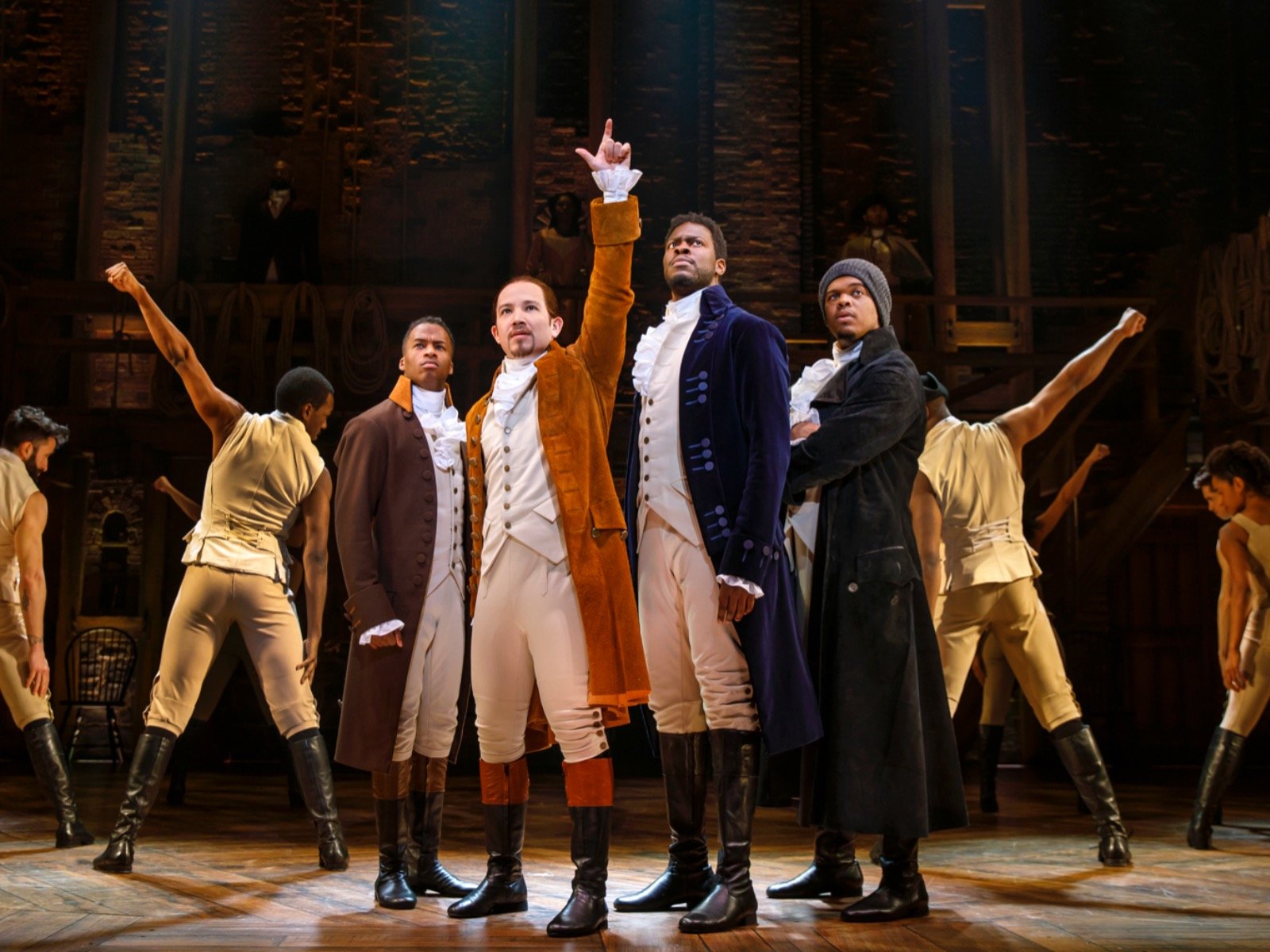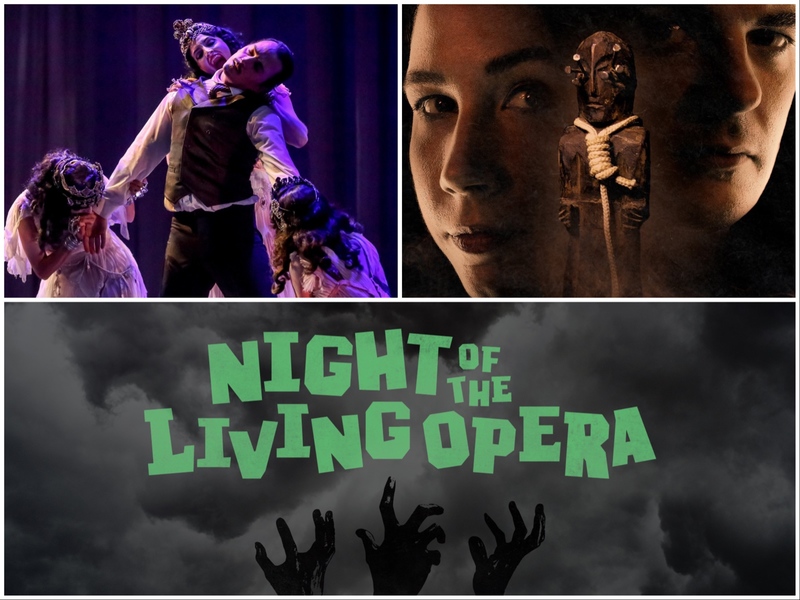A word of caution for those venturing out to finally get their eyes on "Hamilton," making its long-awaited debut in Milwaukee at the Marcus Center: If you felt like you were missing out on the show before, the FOMO will somehow only get worse after you actually see the show.
You’ll search for clips online. You’ll try to replay the memories in your mind alongside the music. But all you’re going to want is to return to your seat and wait for Aaron Burr to wander out and introduce the story of how a bastard, orphan son of a whore and a Scotsman, dropped in the middle of a forgotten spot in the Caribbean by providence, impoverished, in squalor, grew up to be a hero and a scholar.
So yes – and have a glass of milk on standby for this spicy hot take – "Hamilton" is good.
You already knew that, though. The only question was if it was THAT good. That good for the ticket price. That good to stand in a blockbusting line – not for a ticket but just a chance at a ticket. That good to earn a record number of Tony nominations (plus 11 wins, one short of tying the record), not to mention another handful of Grammys and a Pulitzer Prize, too. That good that everyone who’s drawn breath near the original Broadway production has become a star – and that good to survive and endure with the same power when those stars left the show and the musical took to the road with new faces and voices.
"Hamilton" is, indeed, that good – a mesmerizing, vivid and nonstop mixtape through history that feels grandly massive and monolithic as well as painfully, cuttingly intimate.
Told almost exclusively through rap verses, "Hamilton" tells the story of the founding father (Joseph Morales) as he rises up the rebel country’s ranks, serving as the right hand man to George Washington before taking on his own troops and helping win the war against King George III (a deliciously catty Neil Haskell). That’s before the real battle begins, however: establishing this new country from the ruins of war.
Along the way, he runs afoul a respected rival in Aaron Burr (Nik Walker). The Salieri to his Mozart, Burr is the other side of Hamilton’s coin – equally ambitious, incorrigible and insatiable, but while Hamilton can’t stop working and pushing for his goals and ideas, Burr is content to stay quiet and ride the winds of history, wherever they blow, to the top. Instead, for him and Hamilton, those winds would eventually carry them to a fateful field in New Jersey, leaving one man dead and one to be ruined by history.
It might sound like a dweeby 21st century "Schoolhouse Rock," but Lin-Manuel Miranda’s book, music and lyrics are far too thrillingly clever and sharp to play like merely a Wikipedia page jazzed up with a modern day gimmick, dispensing a history book’s worth of info with breathless energy and free-firing unpredictable musical inventiveness. Flowing like liquid from song to song, Miranda’s music ranges from Latin pop to beat-boxing rap breaks to a sweet second act lullaby to a jazzy introduction to Thomas Jefferson to Burr’s Fosse-infused "The Room Where It Happens" to R&B smooth jams and even some hilariously Osmonds-esque poppy breakup love songs from King George, commenting on the action from a distance.
Walking in unfamiliar, the anachronistic music can seem like some eye-rollingly dorky "hello fellow kids" pandering. Instead, it breathlessly reclaims the energy and rebellious youthfulness of the Revolutionary War, as well as the young nation’s origins as a land of immigrants. Plus, what better way to make a congressional debate about financial systems an explosive and tense thrill than by turning it into a rap battle – complete with George Washington as MC.
Miranda’s work is more than just a vigorous and excited social studies lesson. Mixed in with the story of the country’s origins and reclaiming one of its main players, "Hamilton" threads a beautiful and rich tapestry of characters – and not just its titular character. Burr gets fully fleshed out as his rival, while Hamilton’s wife Eliza (Erin Clemons) quietly becomes the show’s lead, left to tell the story after the men have killed each other in jealous hard-headedness. The result, especially by the final act, becomes a stunning character study that cuts deep about ambition and legacy, the show cracking like lightning while the emotions are felt in the depths like an earthquake.
Much of the credit for the show’s breakneck thrills go to the stage direction and choreography, courtesy of Thomas Kail and Andy Blankenbuehler. The stage, an empty floor surrounded by wooden scaffolding with a hidden revolving circle in the center, looks simple. Kail and Blankenbuehler, however, smartly use the space, as well as the lingering Greek chorus of citizens watching from the sidelines, to seamlessly shift from scene to scene, echoes of the story and characters gorgeously transitioning in and out of focus on the spinning center.
The simple space also allows for some breathtakingly bold story detours; the first act fully rewinds, choreography and all, at one point during a winter ball to show Alexander and Eliza’s first meeting from her longing sister’s (Ta’Rea Campbell) perspective, while a final duel freezes the fateful bullet in midair to let Hamilton’s life flash before the audience’s eyes and give him a final spoken word reflection on what he'll leave behind.
For a story that most everyone in the audience knows the end – and even more likely know beat for beat thanks to the show’s fame – there’s no end to the unpredictable and unexpected choices and vision. It's even the case in its more conventional moments, like a classically composed musical moment of heartbreak near the end of the second act, a subtle heartbeat disappearing and leading into a moving scene of forgiveness.
Those who memorized the original Broadway score may miss the now legendary voices of Miranda, Odom Jr., Diggs, Soo and the rest – but the touring cast doesn’t miss a literal beat. Morales handles not only the sharp and shifting musical variety and lyrics but also captures the character’s wide-eyed yet occasionally blind ambition. Walker’s Burr plays the role with a cat’s grinning staccato, finding Hamilton an amusing and intriguing nuisance until he tires of his unrelenting roadblock.
As George Washington, Marcus Choi is calm, mature center in this hurricane of pop and politics, while Clemons and Campbell give the story its intimate heartbeat, making the musical’s detours into Hamilton’s personal life more than just cliché "ignored wife to a great man" aside.
The only role that feels remotely diminished is America’s favorite fighting Frenchman Lafayette, who slightly muddles Diggs’ machine gun delivery in his brief spotlight, but Warren Egypt Franklin more than compensates with his unceasingly swaggering, wildly entertaining Thomas Jefferson in the second act.
The touring "Hamilton" may not have the star power of the original Broadway – but as indelible as their performances may be, the real star’s always been the show itself, a powerful, playful and punchy reclaiming of America’s story that’s lost none of that striking punch now far from its home.
The result, for newcomers and "Hamilton" nerds alike, is a show whose only flaw is that it doesn’t start all over again as soon as it ends.
As much as it is a gigantic cliché to say that one has always had a passion for film, Matt Mueller has always had a passion for film. Whether it was bringing in the latest movie reviews for his first grade show-and-tell or writing film reviews for the St. Norbert College Times as a high school student, Matt is way too obsessed with movies for his own good.
When he's not writing about the latest blockbuster or talking much too glowingly about "Piranha 3D," Matt can probably be found watching literally any sport (minus cricket) or working at - get this - a local movie theater. Or watching a movie. Yeah, he's probably watching a movie.







